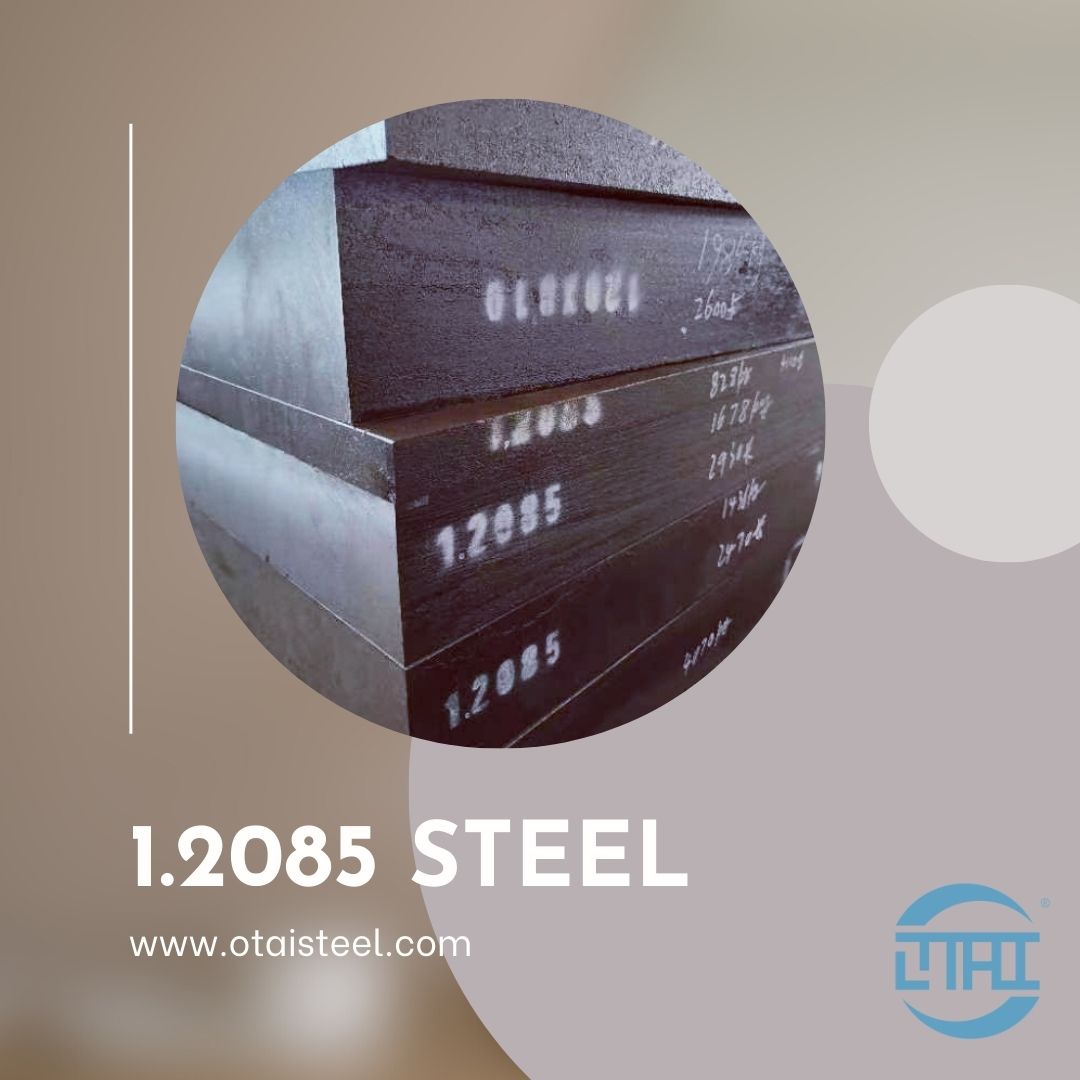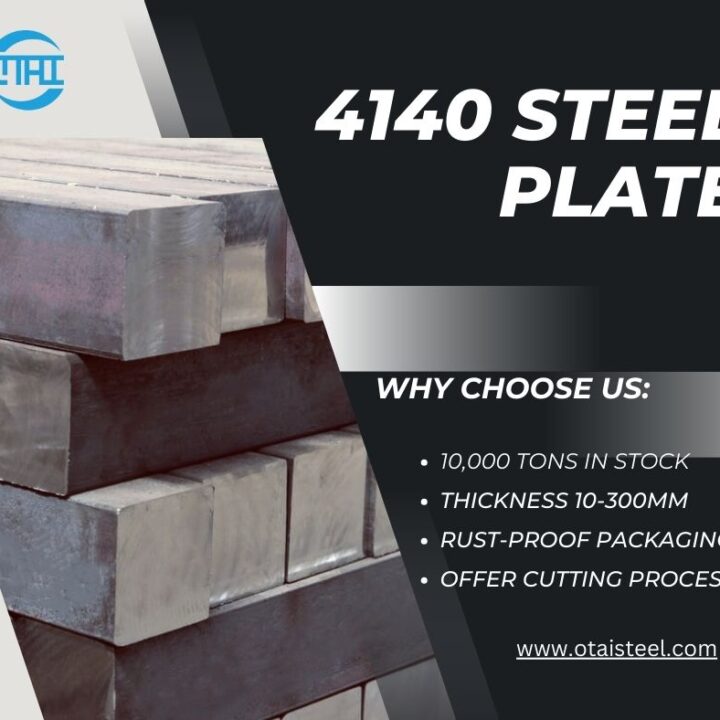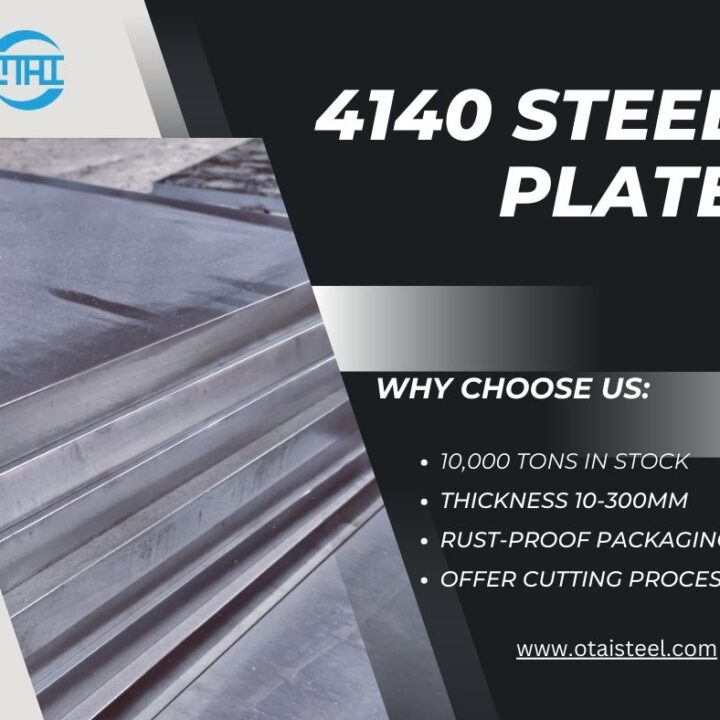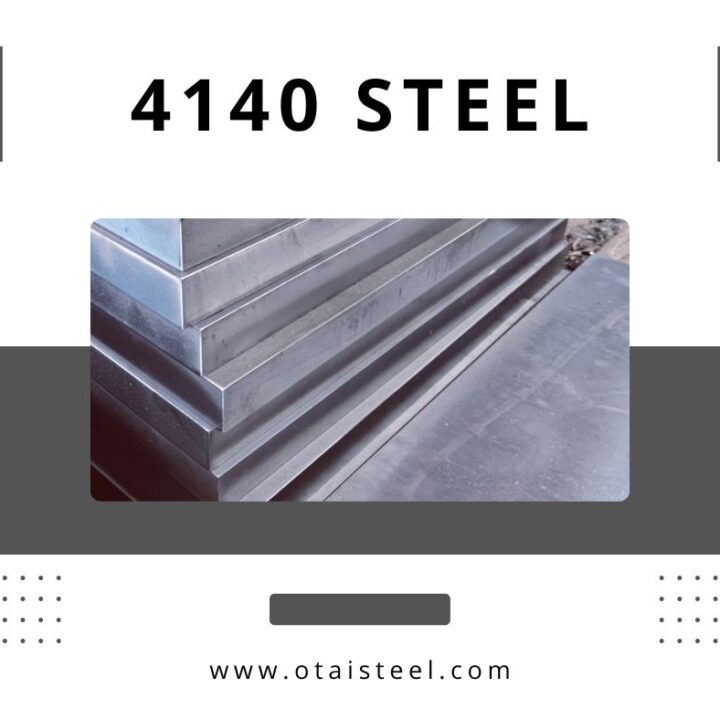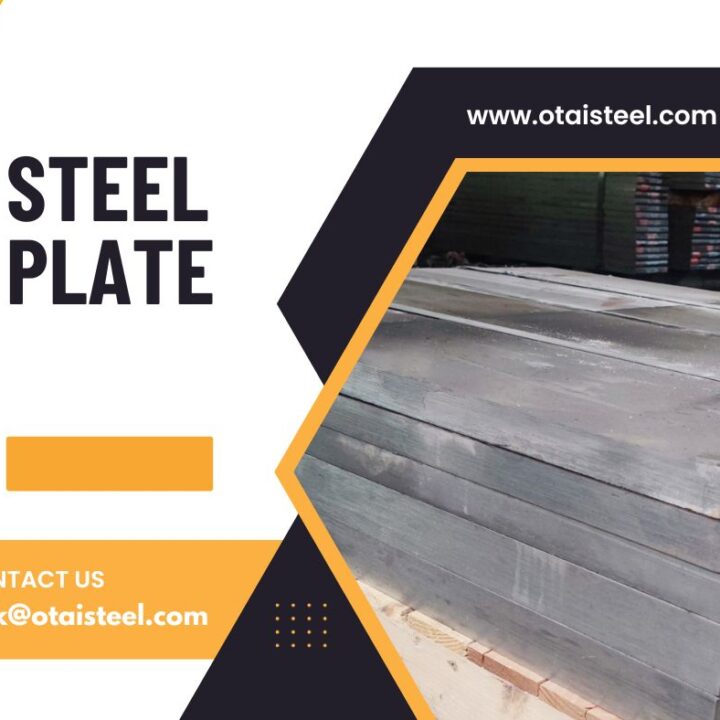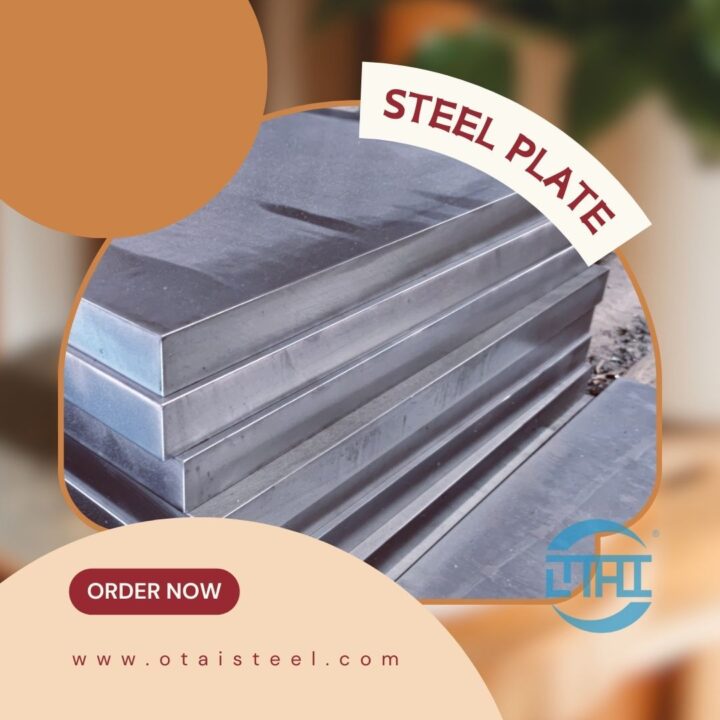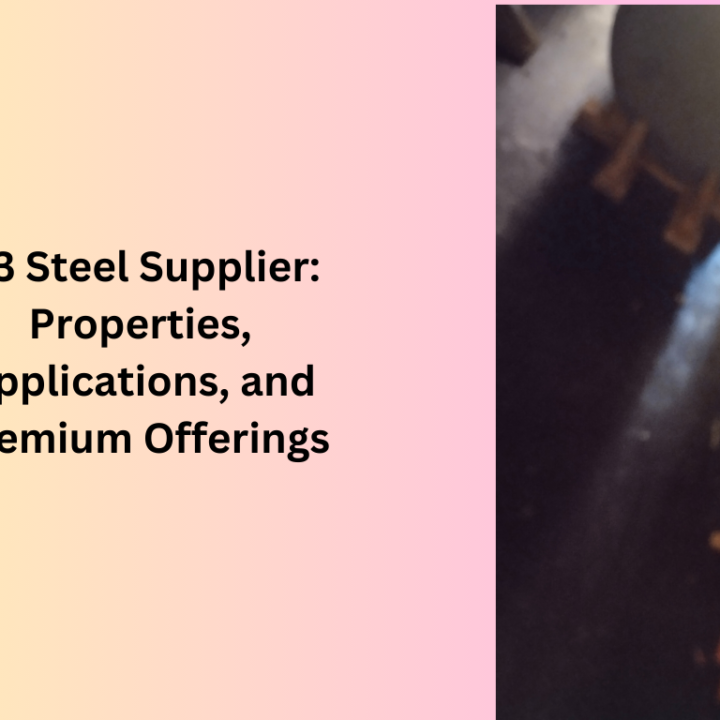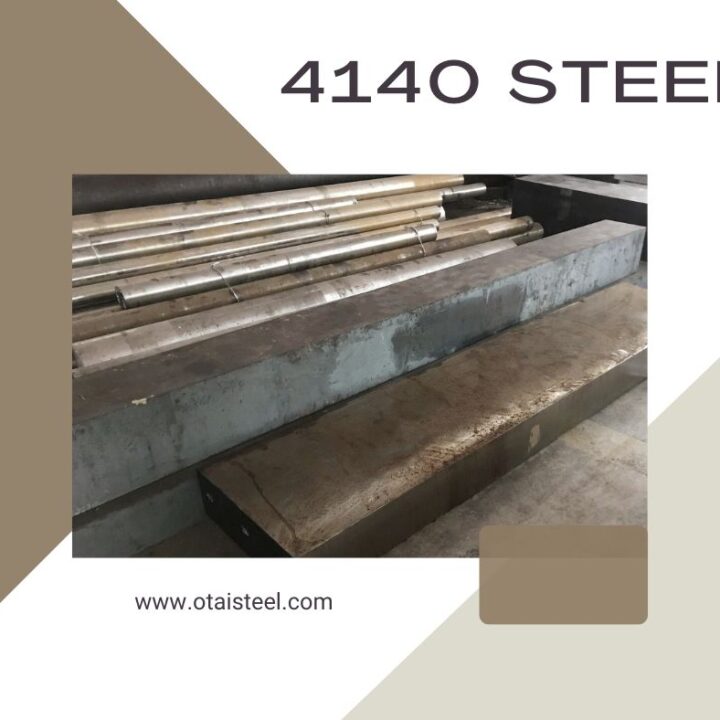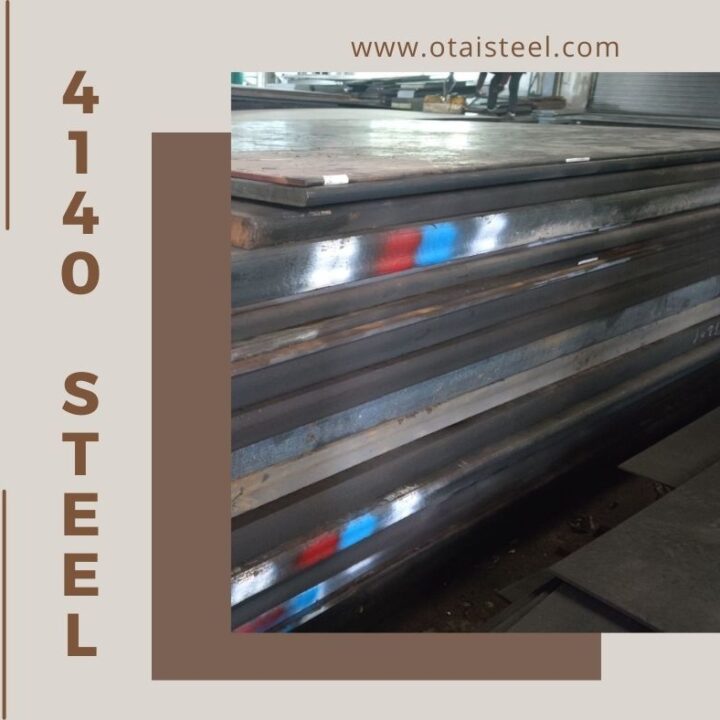1.2085 is a steel standard that defines a specific type of tool steel. It is also commonly referred to as 420M steel due to its chemical composition. This type of steel falls under the martensitic stainless steel category. It offers a good balance of corrosion resistance, hardness, and ease of processing.
Key Properties of 1.2085 Steel
- Corrosion Resistance: 1.2085 steel is resistant to corrosion, making it suitable for applications where exposure to moisture and other corrosive elements is a concern.
- Hardness: This type of steel can be hardened to a significant degree, making it suitable for cutting tools, molds, and other applications requiring a high level of hardness.
- Machinability: 1.2085 steel is known for its machinability. It can be easily shaped and formed into various tools and components.
- Wear Resistance: Thanks to its hardness, 1.2085 steel offers good wear resistance, making it ideal for applications where tools are subjected to friction and wear.
Applications of 1.2085 Steel
- Tool Making: This steel is commonly used in the production of cutting tools, such as knives, blades, and surgical instruments. Its hardness and corrosion resistance make it an excellent choice for such applications.
- Mold Making: In the manufacturing industry, molds play a crucial role in shaping various products. 1.2085 steel is often used for making molds due to its ability to withstand wear and provide precise shaping.
- Bearings and Shafts: In some cases, 1.2085 steel can be found in bearings and shafts, where its combination of hardness and corrosion resistance is beneficial.
- Surgical Instruments: Due to its biocompatibility and resistance to corrosion, it is sometimes used in the production of surgical instruments.
Frequently Asked Questions
- What is the chemical composition of 1.2085 steel?
1.2085 steel is a martensitic stainless steel and contains a high percentage of chromium, which contributes to its corrosion resistance. It typically includes around 13-14% chromium and a minimal amount of carbon, which provides hardness.
- What are the common heat treatment methods for 1.2085 steel?
Heat treatment is essential to achieve the desired hardness and performance. Common methods include quenching and tempering to adjust the hardness and toughness as required for specific applications.
- Can standard 1.2085 steel be welded?
While it is not typically recommended for welding due to the risk of cracking, it can be welded using specific procedures and precautions.
